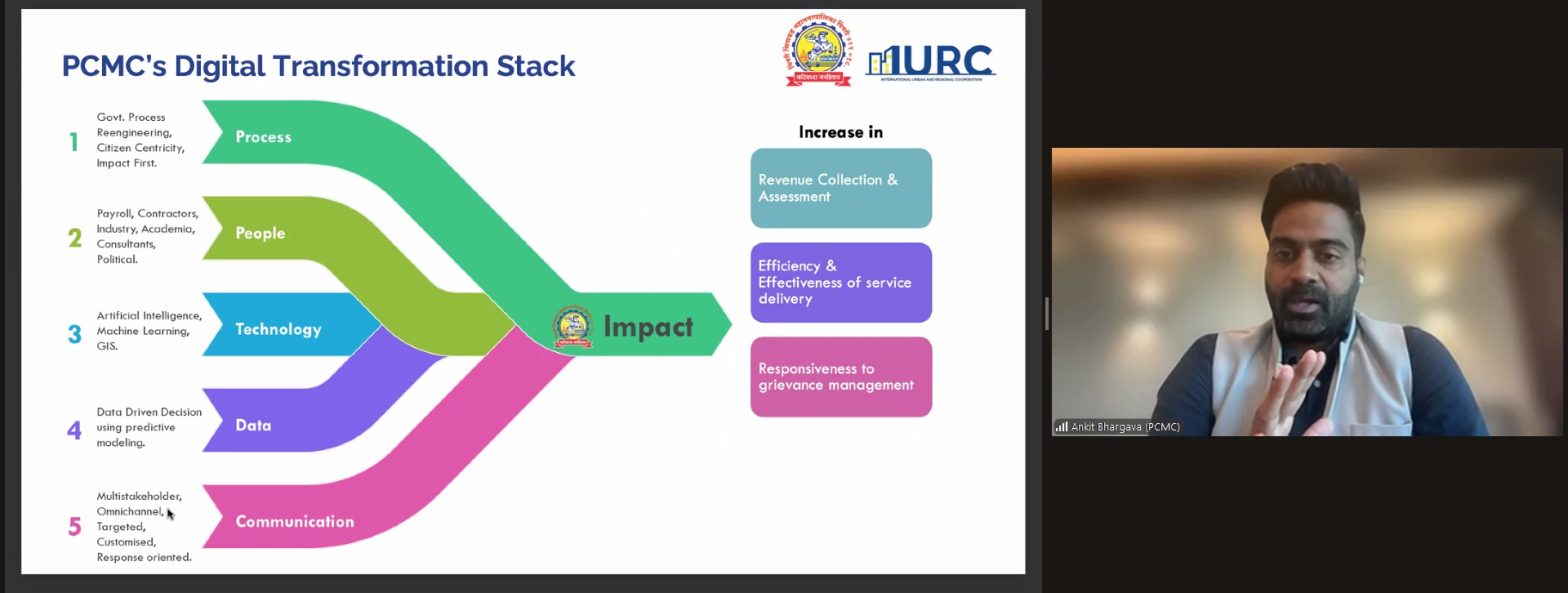The International Urban and Regional Cooperation Programme (IURC) Asia & Australasia hosted its second Urban Innovation Deep Dive Session, focusing on Cities & Data. The event brought together experts from Barcelona, Coimbra, Osaka, Kobe, and Pimpri Chinchwad, highlighting how cities across Europe and Asia are leveraging GIS, BIM, AI, and smart city strategies to drive digital transition.
Barcelona: Digital Twins and Urban Data Integration
Representatives from the Barcelona Metropolitan Area, Elena Argelich and Mikel Berra Sandín, showcased cutting-edge initiatives in Building Information Modeling (BIM). These tools are powering highly detailed 3D maps available via a public GeoPortal, which will soon integrate with AI-driven digital twins to analyse mobility, freight flows, and urban dynamics.
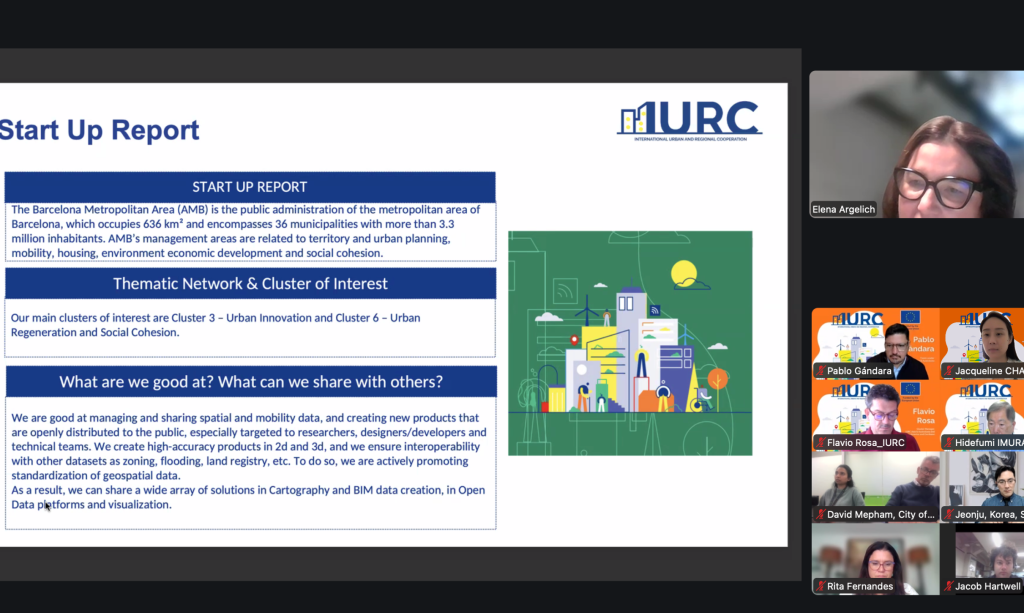
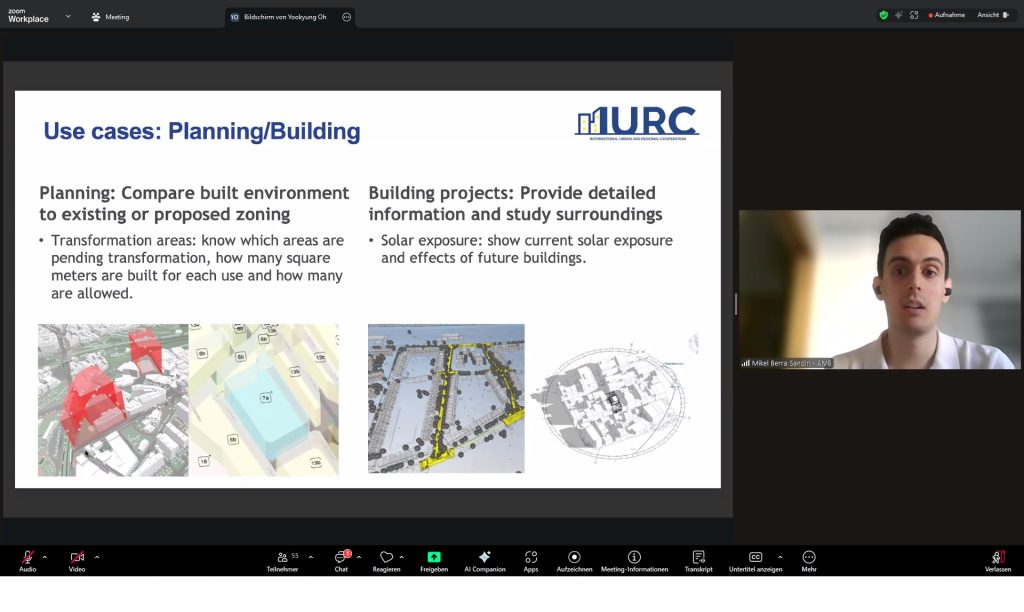
Coimbra: City Lab and Green Transition
Rita Fernandes from the Coimbra Intelligence Centre presented the Portuguese city’s efforts in sustainable urban growth. Initiatives include a City Lab for innovation and a Sustainable Tourism Project tackling demographic shifts and the green transition. Coimbra also reaffirmed its openness to new partnerships and knowledge exchange.
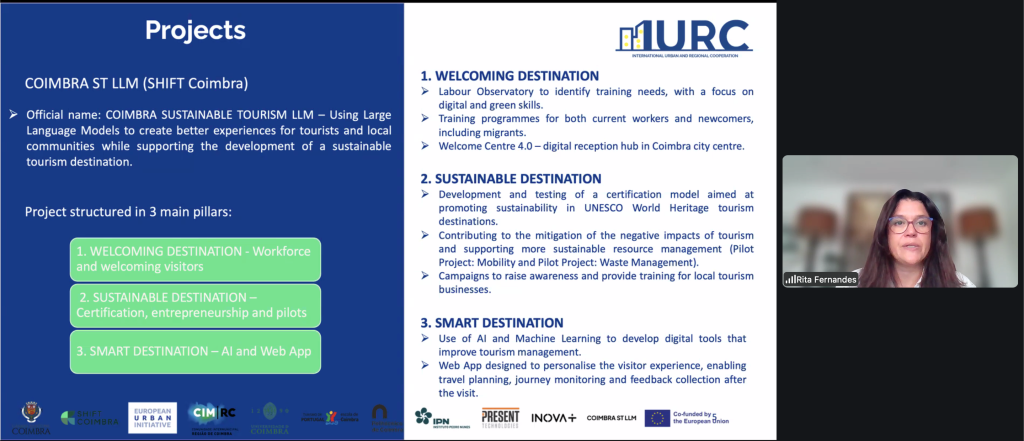
Osaka: Building a “Data Infrastructure City”
Tomohito Inoue, Director for Smart City Promotion, outlined Osaka’s ambition to become a “Data Infrastructure City.” Anchored by the Osaka Innovation Hub, this initiative connects startups, researchers, investors, and corporates to accelerate entrepreneurship and foster digital transformation.
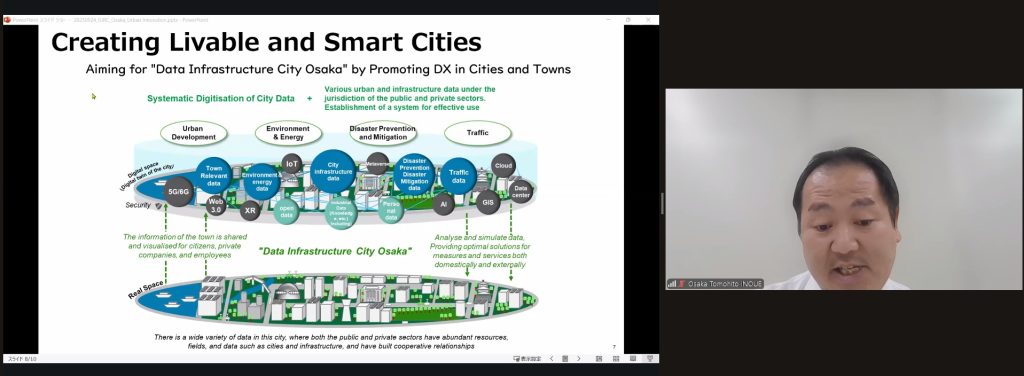
Kobe: Disaster Preparedness and City-OS Collaboration
Shinji Nishino from the Kobe City Government detailed how supercomputers and mobile data are being used to simulate disaster evacuations and reduce traffic congestion. Kobe is also collaborating with Kashiwa City on City-OS systems, enhancing urban management while safeguarding data privacy.
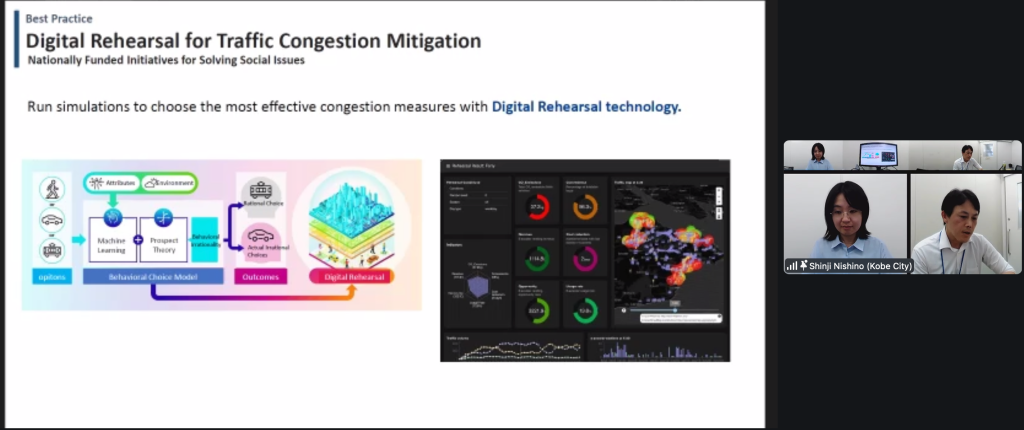
Pimpri Chinchwad: From Tax Collection to Digital Governance
From India, Aditya Sharma and Ankit Bhargava shared Pimpri Chinchwad’s impressive digital transformation journey. Since 2015, the city has introduced a GIS-enabled ERP system, citizen engagement platforms, and a digital grievance redressal system. These measures have led to a $90 million boost in property tax collection and a 67% reduction in response times. Looking ahead, the city plans to adopt digital twins and advanced GIS tools in collaboration with international partners.
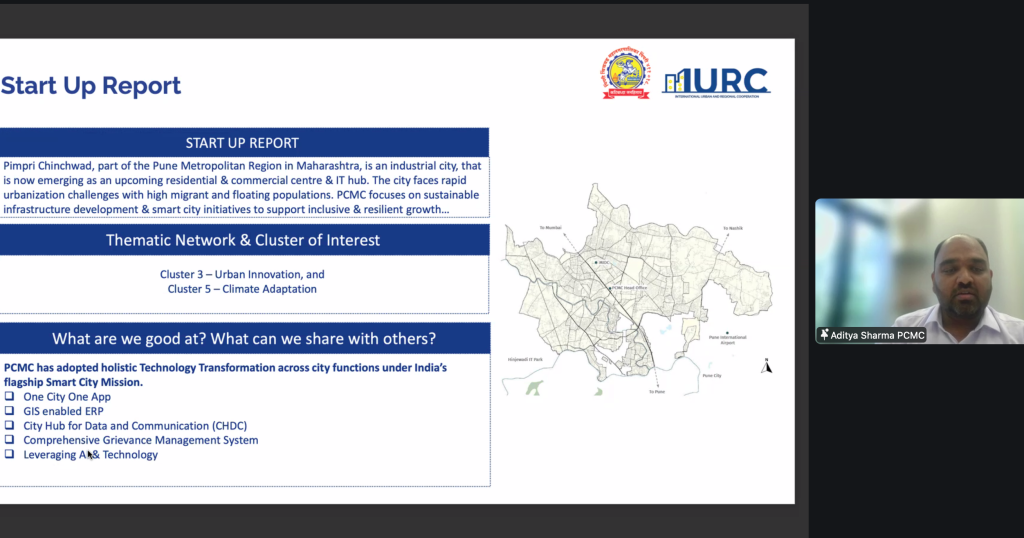
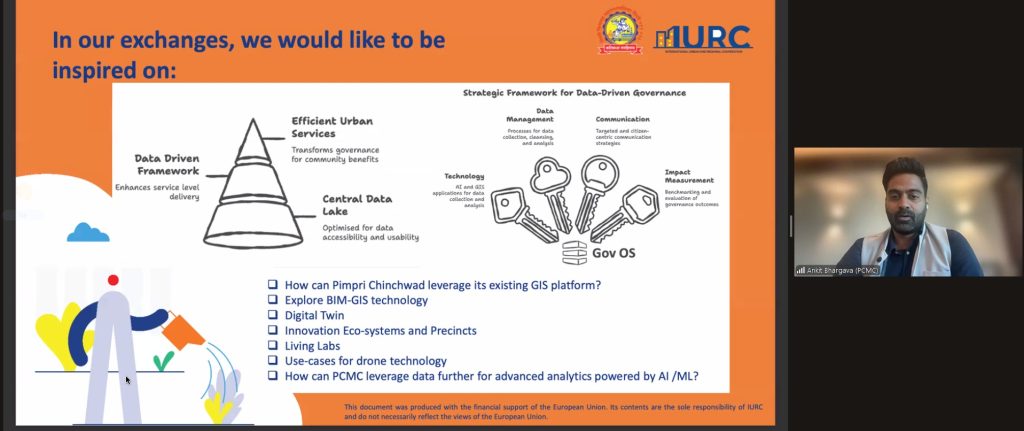
Discussion and Way Forward
The session closed with an interactive discussion on how cities can harness digital tools to address mobility, climate resilience, and citizen engagement, demonstrating the global momentum toward smarter, more resilient cities.

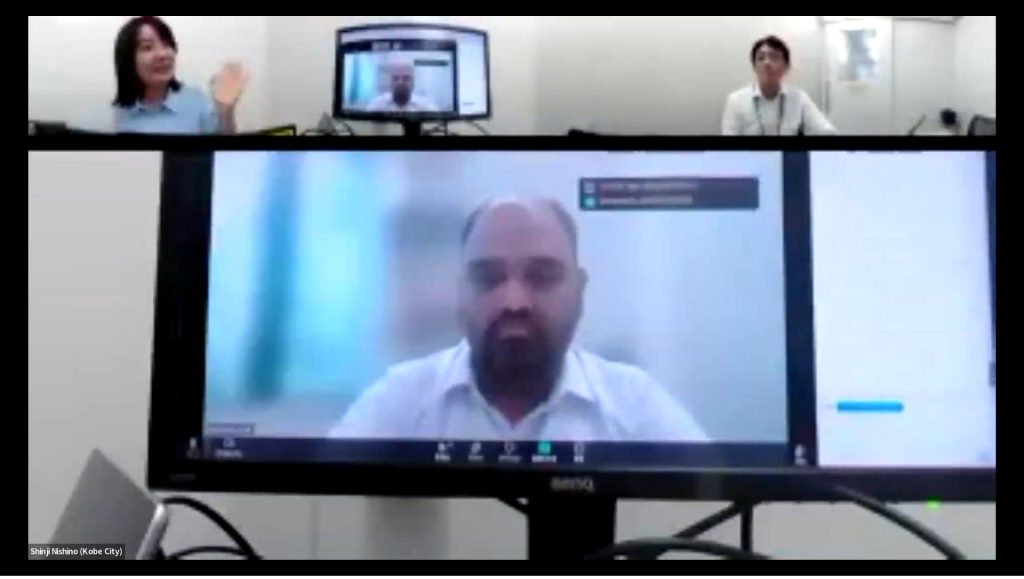
For more information, please contact Ms. Yookyung Oh, Cluster Manager for Urban Innovation: yoh@iurc.eu
